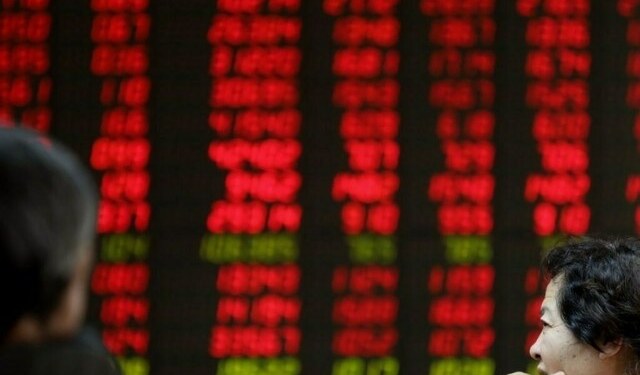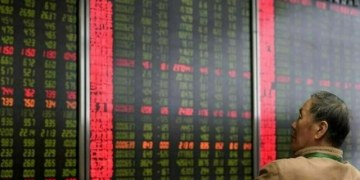HONG KONG: China stocks extended gains on Tuesday as local financial institutions stepped up tapping the central bank’s new policy tool to bring incremental funds to bolster the equity market. Hong Kong shares were largely flat.
The country’s central bank kicked off its first operations on Monday under a swap facility designed to revive the stock market, exchanging assets worth 50 billion yuan ($7 billion) with brokerages, fund companies and insurers.
China International Capital Corporation (CICC) said on Tuesday it had conducted its first stock purchase via a swap facility while local media reported another large brokerage Guotai Junan expected to launch its stock purchase under the swap program this week.
The blue-chip CSI300 Index climbed 0.6% and the Shanghai Composite Index went up 0.5%.
Hong Kong’s benchmark Hang Seng was largely flat, while Chinese H-shares listed in Hong Kong, the Hang Seng China Enterprises Index, edged up 0.3%.
Stocks have wobbled in recent sessions after a roller coaster ride in the past few weeks following a raft of policy announcements out of Beijing.
Investors have turned cautious on whether the policy support will be sufficient to revive growth.
Still, the ongoing implementation of easing measures and the better-than-expected third-quarter economic growth data put some floor under the stock market, market participants say.
“For now, we give policymakers the benefit of the doubt that China’s business cycle will improve following the latest growth push and remain overweight on Chinese stocks,” said Yan Wang, China Strategist at Alpine Macro.
Markets will soon look for evidence of whether the easing measures will bear fruit, he added.
By sector, wind power and auto stocks were outperformers, rising 3.9% and 2.3%, respectively.
Chinese corporates are converting more of their foreign exchange holdings into yuan and overseas investors have increased purchases of local stocks since September, the country’s foreign exchange regulator said on Tuesday. Around the region, MSCI’s Asia ex-Japan stock index was weaker by 0.69%, while Japan’s Nikkei index closed down 1.39%.

Source: Brecorder




























